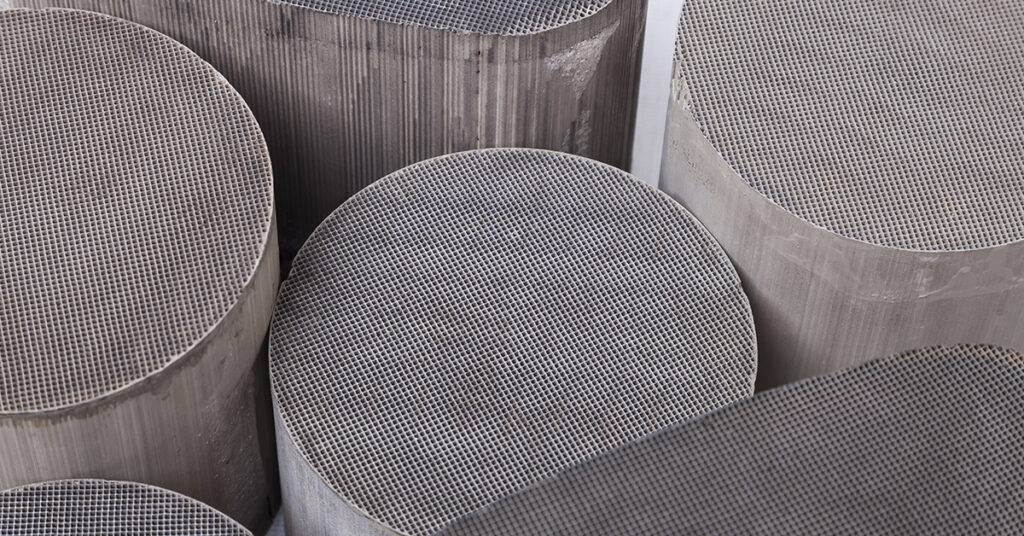

As a trusted player in the global precious metals recycling market since 2013, Noor Vision International applies a proven approach to PGM recovery that helps catalytic converter recyclers overcome the most complex challenges. With more than a decade of expertise, the company has established itself as a reliable partner in Europe and Asia for industrial precious metals recycling.
Today’s high Platinum Group Metals (PGM) prices make the catalytic converter recycling business thrive worldwide. Yet recyclers face persistent difficulties with smelting and refining operations. Noor Vision International provides transparent solutions that streamline these processes while protecting margins.
Many catalytic converter recyclers also handle DPFs (diesel particulate filters) and DOCs (diesel oxidation catalysts).
Smelters and refiners prefer not to process lower-grade DPF/DOC material in their furnaces.
Mixing high-grade catalytic converter material with lower-grade DPF/DOC scrap often results in reduced payouts and higher fees.
Outsourcing DPF/DOC recycling through direct purchase or toll refining agreements is an effective way to avoid costly dilution at the smelter.
Catalytic Converters — Coated with Platinum, Palladium, and Rhodium. Their higher and more diverse PGM content makes them high-grade material for smelters.
DPFs/DOCs — Contain smaller amounts of Platinum and Palladium, and are therefore classified as lower grade.
Lower-grade scrap not only yields less PGM but also contains compounds like carbon and new substrates (aluminum titanate, cordierite, silicon carbide) that complicate smelting. This raises costs, lowers payouts, and may even damage furnaces.
Demand for smelting capacity exceeds supply. Smelters prioritize high-grade catalytic converters that are easier to process, leaving recyclers with diluted or lower-grade material facing surcharges and reduced returns.
Noor Vision International advises recyclers to separate DPF/DOC material and process it through:
Direct Purchase Agreements — Payment based on known part numbers and PGM content, usually within 15 days. Transparent, fast, and cost-effective for smaller lots.
Toll Refining Agreements — For large bulk shipments (2,000+ lbs). Payment is based on detailed assays, usually within 60–180 days. Although slower, this method ensures accurate value recovery through laboratory analysis and independent validation.
Competitive payouts secured through a network of partner refiners.
Independent laboratory validation to guarantee transparency.
Protection against underpricing through referee assays.
Advocacy on behalf of clients to achieve the best refining terms.
Decades of experience handling catalytic converters, DPFs, DOCs, and three-way catalysts.
With Noor Vision International, recyclers gain a dependable partner who transforms complex refining challenges into clear, profitable solutions.